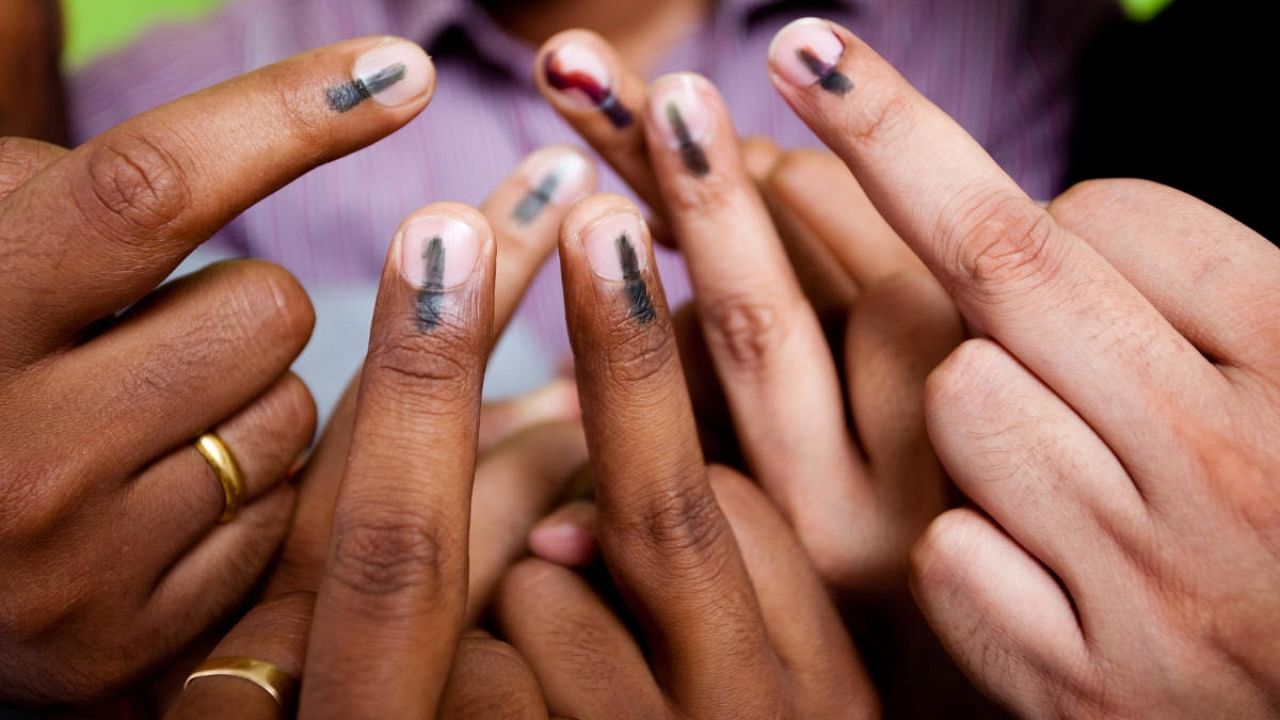
The Supreme Court order directing states to notify elections to rural local bodies will have its bearing on Karnataka, too, where polls to zilla and taluk panchayats whose terms ended a year ago have been postponed indefinitely on the pretext of delimitation of constituencies. Delivering its judgement in a similar case pertaining to Madhya Pradesh, the court held that such postponement of elections “borders on the breakdown of rule of law” and held that State Election Commissions (SEC) across the country cannot ignore their constitutional obligation to conduct polls to local bodies every five years.
Ongoing activities of delimitation or formation of wards cannot be legitimate grounds to postpone polls and the new elected body should be installed before the expiry of the five-year term. Madhya Pradesh had sought to take shelter under another order of the apex court that had struck down the 27% reservations for OBCs in local bodies in Maharashtra as it was provisioned without applying the triple test enunciated in an earlier judgement.
The three tests are: to set up a dedicated commission to conduct an empirical inquiry into the nature and implications of backwardness within each local body; to specify the proportion of reservation required body-wise; and, the quota should not exceed 50%. Rejecting the stand of Madhya Pradesh that it was in the process of working out the OBC quota in line with the Maharashtra case judgement, the court held that constitutionals provision were inviolable and states were bound to hold elections on schedule based on the wards prevalent when the term of the local body expired.
In Karnataka, the tenure of 30 zilla and 229 taluk panchayats expired in May 2021, but the SEC postponed the elections to September in view of the pandemic. Meanwhile, the government appointed a delimitation commission to redraw the boundaries of all wards and used it an excuse to put off elections. The implication of the Supreme Court order is that Karnataka too should notify the election dates within two weeks. The state government is considering seeking three months’ time to finish an exercise it had initiated to rework the reservation provided to OBCs in locally body polls since 1983, or to seek clarity from the court whether it is required to hold elections with the existing reservation provision.
Either way, the government should get on with local body polls at the earliest. Politicians speak of empowering people at the grassroots level, but it has become routine for state governments to put off local body polls on one ground or the other, thus defeating the very purpose of local self-governance. The Supreme Court order will hopefully put an end to this.